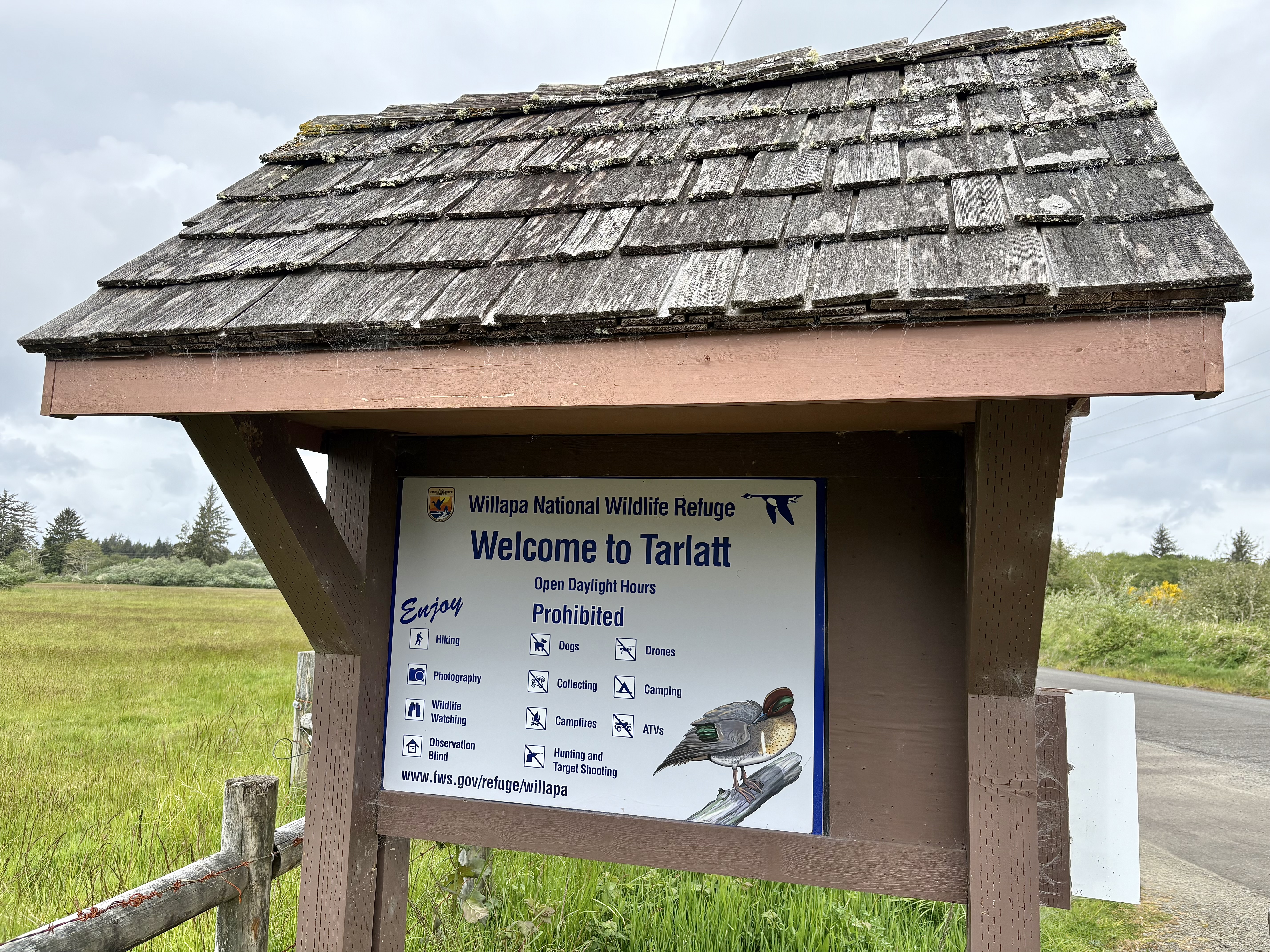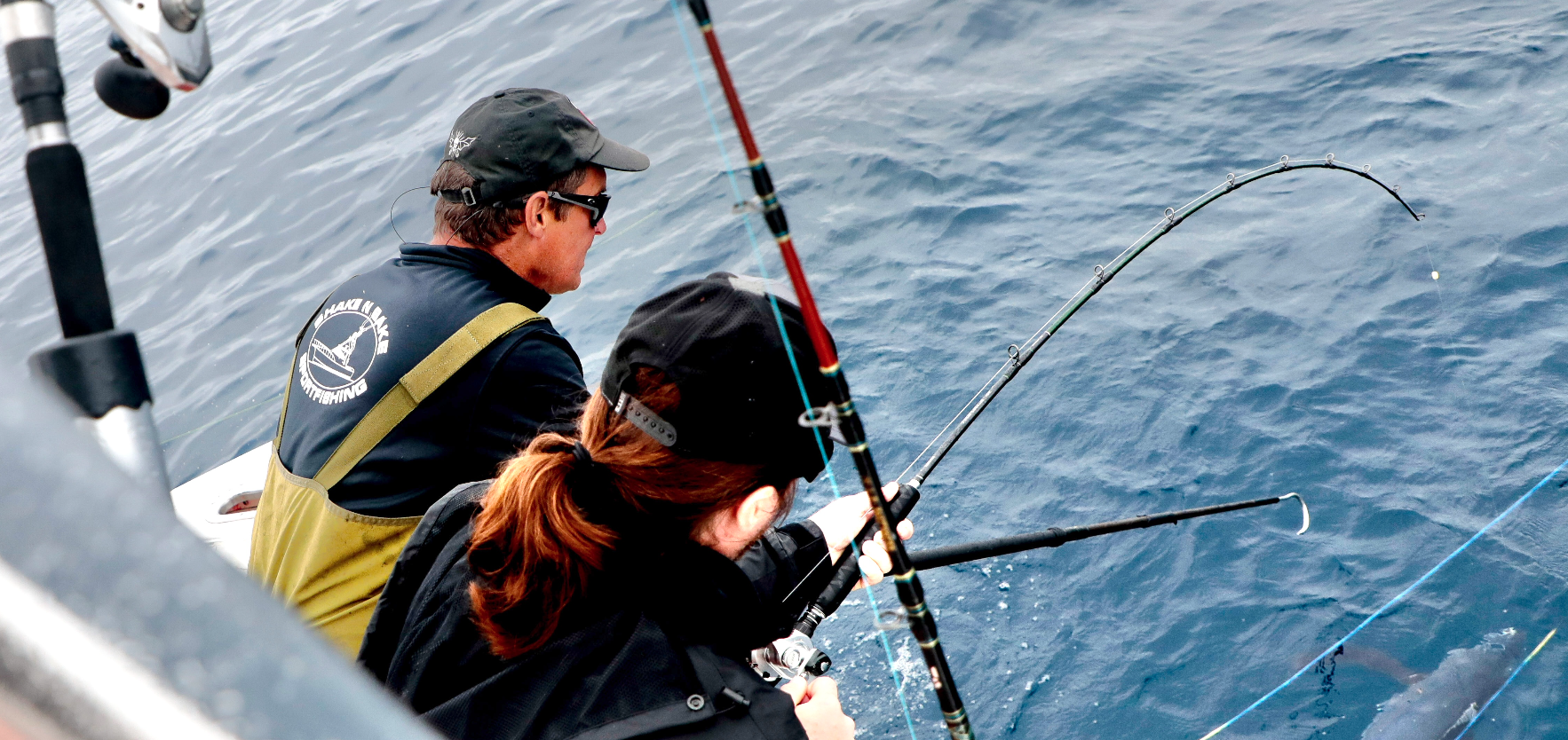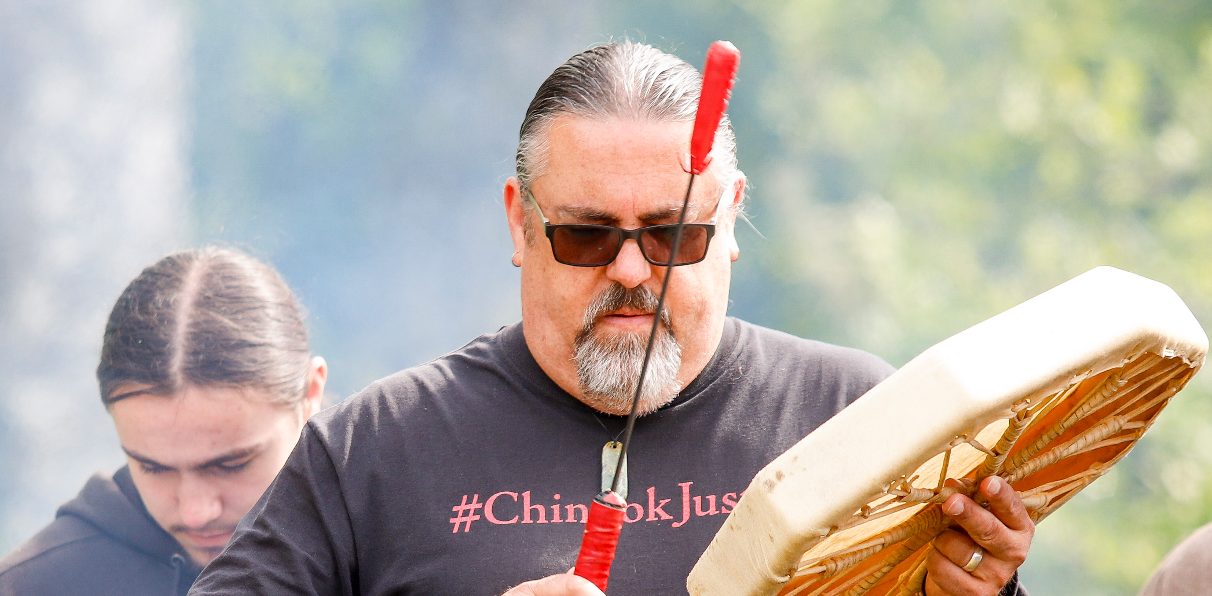Public invited to final workshop on Baker Bay hazards
Published 11:47 am Monday, June 3, 2024
CHINOOK — Local agencies, organizations and stakeholders are meeting for the final time Thursday evening to wrap up a year-long process that has been focused on addressing present — and future — hazards affecting Baker Bay, and the public is invited to learn and provide input about the work that has been undertaken.
Trending
This series of workshops, put on by the Pacific Conservation District, Washington Sea Grants and Lower Columbia Estuary Partnership, will meet for the fourth and final time since holding its opening workshop last May.
The last workshop is scheduled for Thursday, June 6 from 6-8 p.m. in the gymnasium of the Historic Chinook School, and attendance at a previous workshop is not required. Dinner and refreshments will be provided, and gifts from local vendors as well as a raffle ticket for the chance to win a door prize will be offered to all participants. A dedicated drawing and activity table for kids will also be set up to encourage families to attend.
The goal of the workshop series has been to confront current and future hazards affecting Baker Bay, namely flooding, erosion and sea level rise.
Trending
“Participants have shared many issues and related project ideas to reduce hazards risk while also addressing other community priorities. This has helped us refine projects and write grant proposals with local organizations,” said Jackson Blalock, the marine and estuarine resilience program manager for the conservation district.
Thus far, the workshops have influenced at least five grant proposals across both Baker Bay and Grays Bay in Wahkiakum County, where a parallel workshop series has also been taking place.
“This final workshop will share the community-driven project ideas that we’ve heard about, and suggest next steps for them. Whether or not you’ve attended these workshops yet, we will be asking for your feedback,” Blalock said. “Perhaps most importantly, many of these projects will require community support to happen, so this is a great opportunity to talk about these ideas with your neighbors and see where you can plug in.”
The feedback is also being documented and shared with local organizations to allow them to be more competitive with funding proposals and to help them identify coastal resilience projects that align with community priorities. While it may be the end of the workshop series, Blalock said it’s just the beginning for many of the projects being proposed.
“Many of these conversations were already happening,” he added, “but not in a way that brought more people around the same table to dig into the details.”









